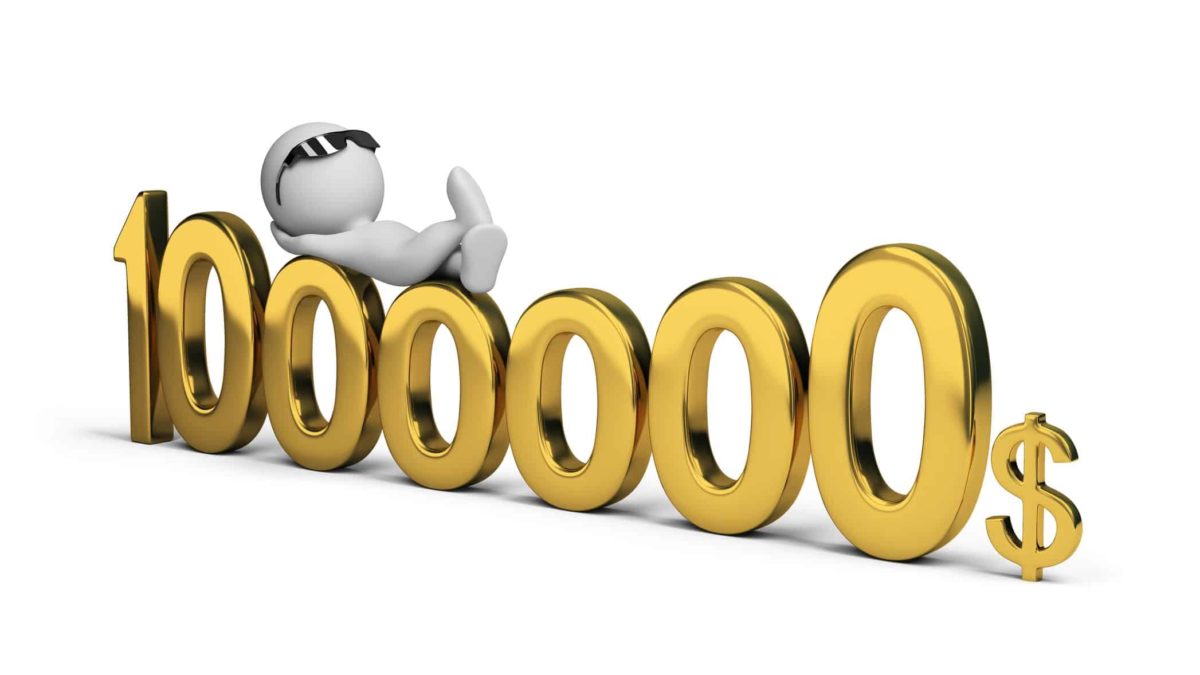Buying cheap shares ahead of a stock market recovery could be a sound means of making a million. A similar strategy has proved successful following previous bear markets. For example, investors who bought a diverse range of undervalued stocks in the aftermath of the global financial crisis are likely to have benefitted from its subsequent rebound.
By investing regularly, it is possible to benefit from any further short-term declines caused by risks such as a weak economic outlook. Doing so could produce a portfolio valued at over a million within an investor's lifetime.
Cheap shares could deliver high returns in a stock market recovery
Not all cheap shares are likely to deliver successful turnarounds in the coming years. They may, for example, suffer from outdated business models in an increasingly fast-paced economy. Or, they could have weak financial positions that do not provide them with the investment required to adapt to changing consumer tastes.
However, the prospects for a large number of today's undervalued shares could be relatively positive. The stock market has a long track record of delivering recoveries after even its very worst declines. For example, in the past 20 years, indexes such as the S&P 500 Index (SP: .INX) and FTSE 100 Index (FTSE: UKX) have come back from the dot com bubble and the aforementioned global financial crisis to post high single-digit annual total returns.
As such, buying cheap shares and holding them for the long run could be a means of capitalising on market cyclicality. It may lead to higher returns than the market average over the coming years.
Regularly investing in bargain stocks
Of course, cheap shares could yet experience difficulties in the short run. There may even be a second stock market crash in the coming months. Risks such as political uncertainty in Europe and the ongoing coronavirus pandemic may mean that investors adopt an increasingly cautious stance towards equity markets. This may result in lower valuations across many sectors.
Therefore, investing regularly in a diverse range of shares could be a shrewd move. Regular investing allows an investor to potentially capitalise on falling share prices that may offer wide margins of safety. This may help them to benefit from what could be a volatile period, which may not be the case with a lump sum investment.
Making a million
Even a relatively modest monthly investment in cheap shares could produce a surprisingly large portfolio in a stock market recovery. For example, assuming an 8% annual return that is in line with the stock market's past performance on a $500 monthly investment could lead to a portfolio valued in excess of a million within 35 years.
As such, while stock prices are low in many cases, now could be an opportunity to start building a portfolio as share prices experience a likely period of growth after the stock market crash.







